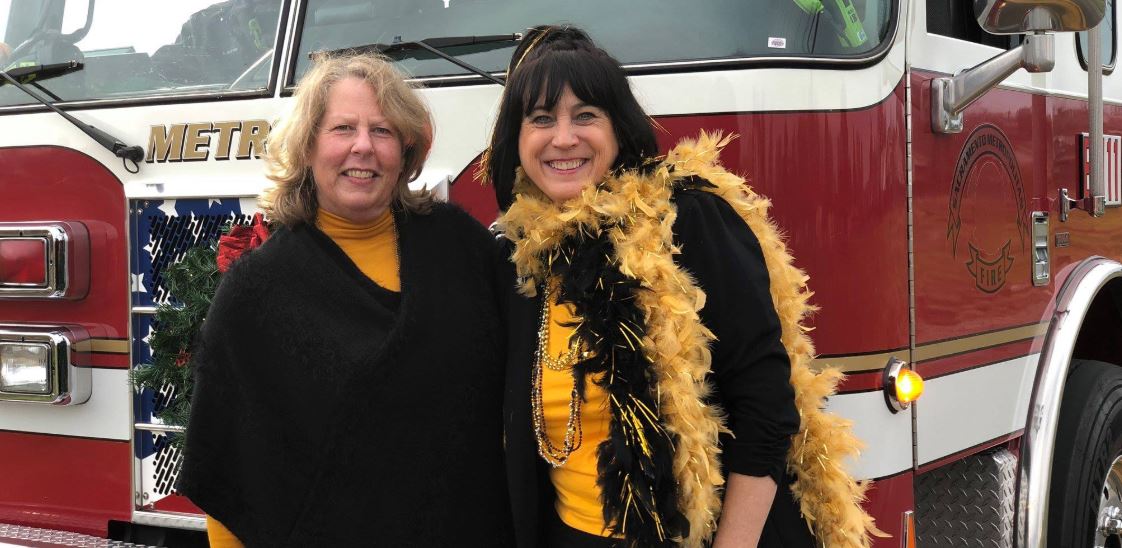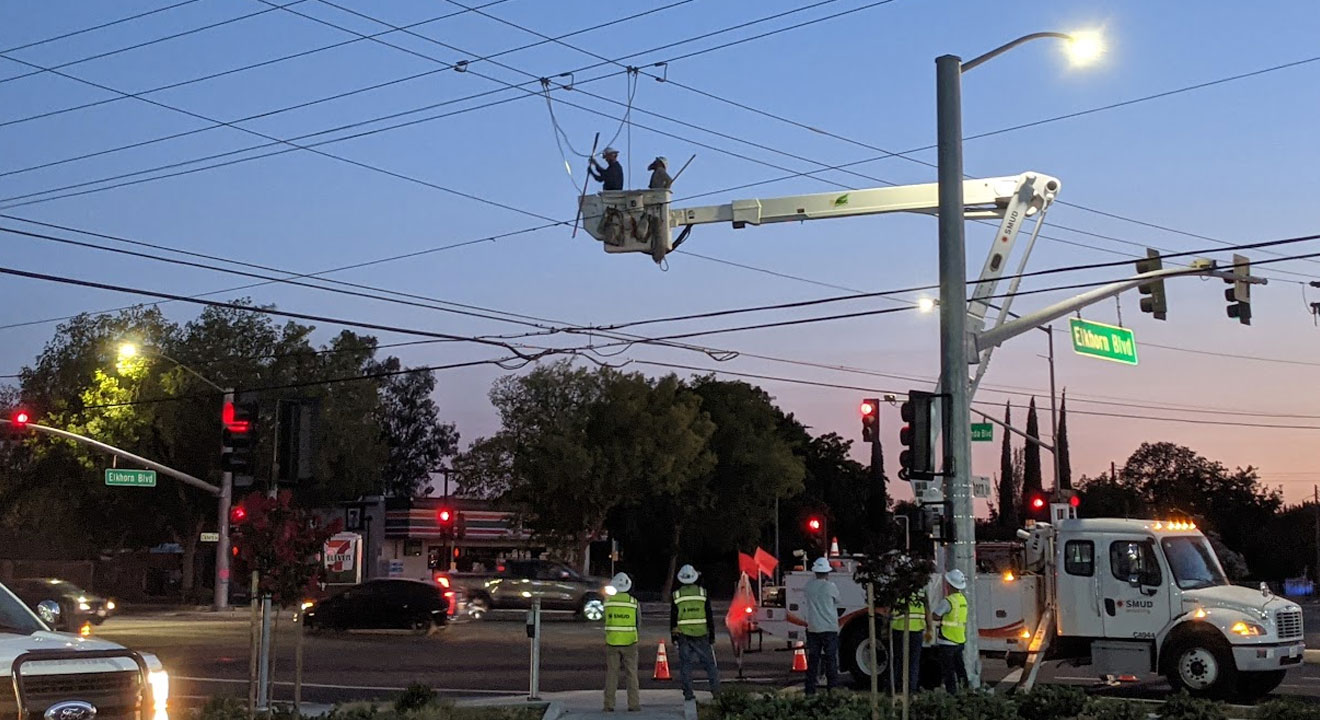By County Supervisor Sue Frost

As you are undoubtedly aware, California voters went to the polls last November and voted not to repeal the “gas tax”, which is the largest tax increase in the history of California. The gas tax is here to stay, and local roads in Sacramento County will start getting repaved later this fall. But strangely enough, even though this tax has only been in place for a little over a year, there are local governmental entities currently having discussions about how to raise even more money. I want to take this opportunity to explain to you why this is happening, and where I think we should go from here.
Sacramento County does not have enough money to pay for our roads, and even with the gas tax, we are still dreadfully short of what is needed just to maintain the current awful condition our roads are in. The gas tax was advertised as “fixing our roads”, but in actuality it was just a small drop in the bucket. Right now, even with the gas tax the County would need an additional $15-20 million yearly just to maintain the roads at their current level. To improve the roads to a standard that people would deem as “good”, we would need an additional $50 million yearly.
What many people do not understand is that local roads in California used to be primarily funded by the State and Federal government, but over the past several years they have heavily cut back on local funding. Not only that, but much of the funding that does come in comes in the form of competitive dollars, meaning we are only going to win those funds for major projects that have nothing to do with resurfacing, like the road widening that recently happened along Hazel Avenue.
The problem Sacramento County is experiencing with our roads is not localized to just our county or even region. This is a problem afflicting the entire State of California, as even with the gas tax, our state has around $85 billion in road maintenance that has been postponed due largely to the State and Federal government diverting funds away from local municipalities. This enormous bill would feel more understandable if California were broke, but that is not the case.
Not only did Governor Newsom just announce a nearly $15 billion surplus, but after backtracking on some of his comments, he announced that we are still moving forward with California High-Speed Rail (CAHSR). In my opinion, CASHR is not even a fraction as important as having reliable roads. CAHSR will be used exclusively on passengers, with a focus on commuters. Roads meanwhile are used by everyone, including passengers, freight, fire service, police service, etc.
When voters approved CAHSR, it was supposed to cost $40 billion and connect San Francisco to Los Angeles. Experts are now expecting that it could cost over $98 billion, but I suspect given how this has been run so far that it would run far higher than that. Governor Newsom made comments recently that he wants to focus on completing the first section, a 188-mile segment between Merced and Bakersfield estimated to cost $10.6 billion, before moving forward with the full project.
Instead, I suggest we cut our losses, end CAHSR, and finally make real investments to our crumbling infrastructure. Sacramento County cannot afford to let California prioritize a handful of central valley commuters over the needs of virtually every Californian in the State.
Thank you for reading – and as always, if you want to contact me, call me at 916-874-5491 or e-mail me at SupervisorFrost@saccounty.net.
Sue Frost represents the 4th District, which includes all or part of the communities of Citrus Heights, Folsom, Orangevale, Antelope, Rio Linda, Elverta, Gold River, Rancho Murieta, North Highlands, Carmichael, Foothill Farms and Fair Oaks.














